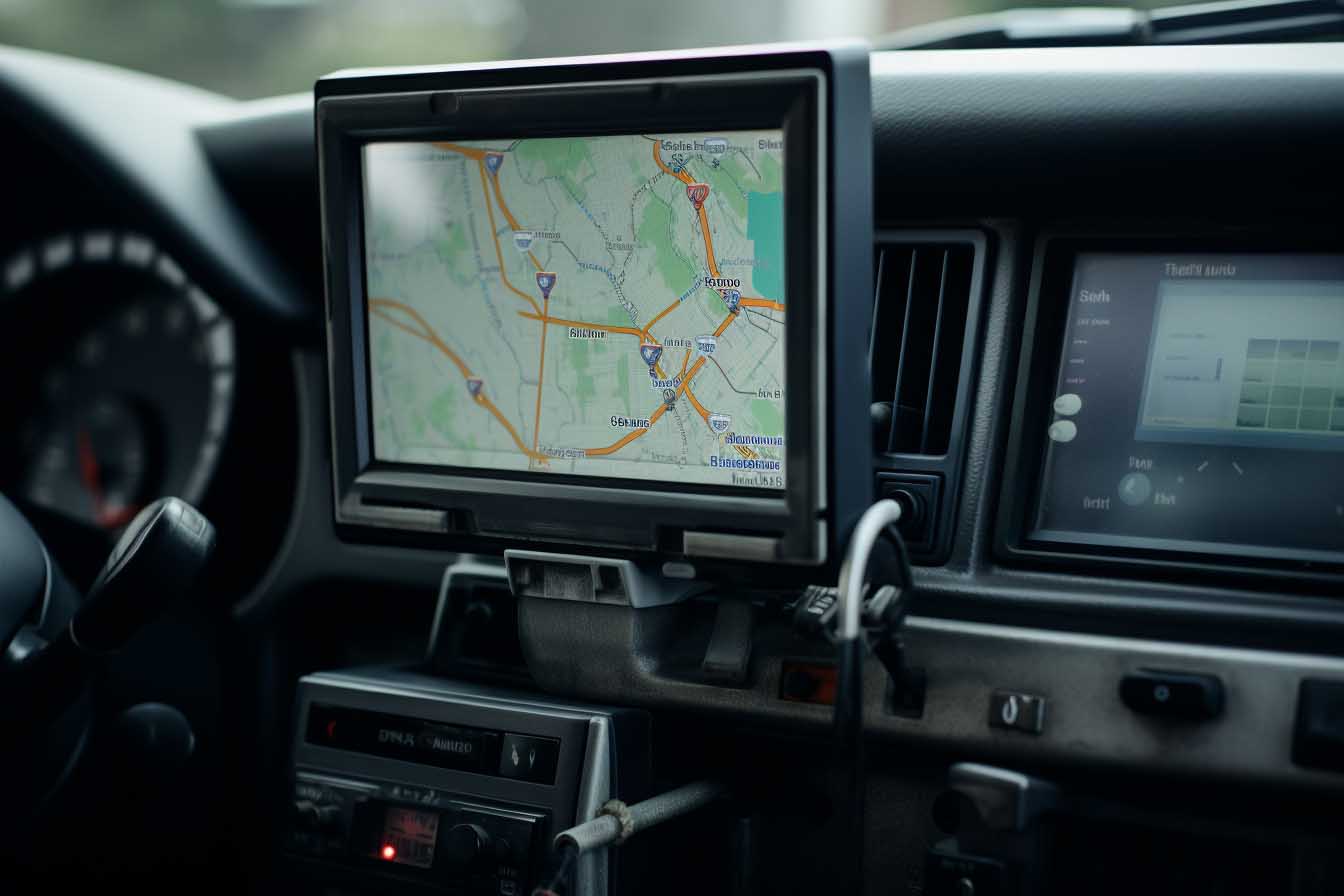TLDR:
- Elon Musk’s Neuralink has begun human clinical trials and the first human implantation has been confirmed by Musk.
- The goal of Neuralink is to merge human cognition with artificial intelligence, potentially transforming how we interact with technology and each other.
- While the immediate focus is on medical applications, Neuralink has potential implications for machine-human interaction and raises important ethical questions.
Elon Musk’s tech startup Neuralink has commenced human clinical trials, with the first human to receive an implant confirmed by the Tech mogul. Neuralink aims to merge human cognition with artificial intelligence, potentially transforming how we interact with technology and each other. According to the Neuralink website, the study involves placing an implant in the part of the brain that plans movements. The device interprets a person’s neural activity without requiring physical movement. As well as helping manage neurological disorders, Neuralink is also aimed at augmenting human intelligence, potentially allowing people to directly interface with digital platforms and AI systems. Neuralink appears to be actively recruiting for current and future Neuralink trials. The website states: “This research will be the first of its kind to be performed in people and may help us find safer, more effective ways to implant and use our BCI to potentially restore and enhance computer control and other capabilities. One of the most immediate applications of Neuralink’s technology is in the field of medicine. The BMIs developed by Neuralink could provide groundbreaking treatments for a range of neurological disorders such as Parkinson’s disease, epilepsy, and even paralysis. Response to Neuralink’s first human trial taking place has been mixed. The potential impact on the medical community is significant, with its groundbreaking potential to cure paralysis with implants. However, despite potential medical benefits, the fusion of a human with a robotically implanted brain-computer interface introduces broader questions concerning the status of humanoid or AI-enhanced humans. Elon Musk outlined two potential use cases for Neuralink – to help people with paralysis control tech devices and to restore vision. While the initial focus is medical, Elon Musk spoke about other use cases on The Lex Friedman Podcast that resulted in controversy. Notably, Musk said that autism could be helped by his Neuralink device, which sparked outrage from many in the autistic community. Beyond the immediate implications of Neuralink, the groundbreaking clinical trial has the potential to transform the way we view machine-human interaction. The immediate results of the Neuralink clinical trials remain to be seen, although Musk suggests that the early results were promising.







